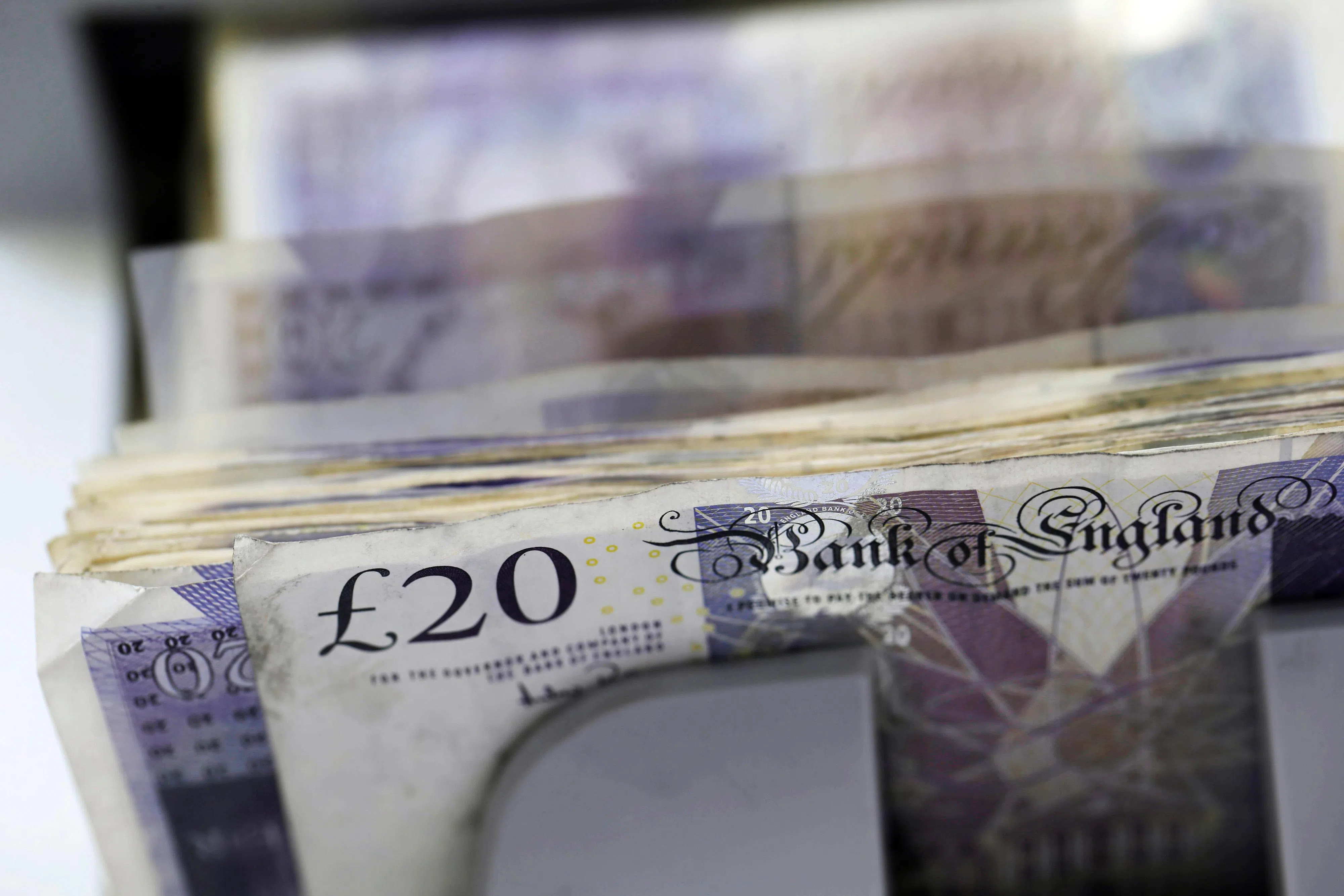THE pound held firm on Thursday after exit polls suggested Keir Starmer’s Labour party was set to win a massive majority in the UK general election, affording investors some much-needed certainty after years of market volatility under the Conservatives.
Centre-left Labour was on course to capture 410 of the 650 seats in parliament, giving the party a majority of 170 seats and bringing an end to 14 years of Conservative-led government.
Sterling barely budged after the release of the exit polls, and was last trading around US$1.276, up 0.1 per cent on the day, showing little change on levels seen earlier on. The pound was also broadly unchanged against the euro, which was flat at 84.71 pence.
“The stability that would be provided by such a win would mean investors can cross ‘UK political risk’ off their list of worries for the time being,” Chris Beauchamp, chief market analyst at IG, said.
Sterling has edged up since Conservative Prime Minister Rishi Sunak called the election in late May, earlier than anticipated. It is the strongest-performing major currency against the dollar this year, with a gain of 1.2 per cent.
On a trade-weighted basis, the pound is now back where it was in 2016, at the time of the Brexit vote, reflecting a belief among traders and investors that a period of intense market volatility, driven by political and economic tumult under the Conservatives, may be drawing to a close.
BT in your inbox
Start and end each day with the latest news stories and analyses delivered straight to your inbox.
“It’s a breath of fresh air to be running (UK) equities in a market where the election is seen as non-event,” Laura Foll, portfolio manager at Janus Henderson Investors, said.
“I’m hoping we’re going back to an era where boring is good and politics treads lighter in people’s lives,” she said, adding: “it will be a more gradual lifting (of confidence).”
Echoing this sense of calm in the run-up to the election, the premium that investors demand for the extra risk of holding gilts rather than top-rated German 10-year bonds has remained stable this year around 160 basis points – a far cry from the 230 bps seen during mini-budget crisis.
UK stocks have hit record highs this year, buoyed by a slow-growing but comparatively stable economy and declining inflation.
Truss deja vu
However, the memory of the market chaos triggered by former Prime minister Liz Truss’ “mini budget” of September 2022 is still relatively fresh in investors’ minds and Britain’s stretched finances will give any new government little leeway to increase spending.
So preserving investor trust while tackling numerous economic challenges will be paramount.
“There is a lot of spending that (Labour) have pledged as well and only 20 billion pounds’ worth of fiscal headroom – give or take – so how those books are going to be balanced is a key question,” Pepperstone senior research analyst Michael Brown said. “And this plan for 2.5 per cent annual GDP growth is punchy, if I’m being kind, fanciful if I’m being slightly less kind and if we don’t get that growth relatively quickly, you could be looking at a pretty significant fiscal tightening going on,” he said.
Britain has suffered from the highest inflation and some of the highest rates in the developed world in the last couple of years.
UK 10-year government bond yields have risen this year to around 4.2 per cent, as investors have sold debt based on their assumption that British interest rates will take longer to fall than many had previously anticipated.
The Bank of England is widely expected to lower interest rates when it meets in August. Investors are likely to quickly look beyond the results of Thursday’s election and towards monetary policy, analysts said.
“What’s going to be really interesting is there isn’t actually that much headroom for dramatic change in fiscal policy,” City Index senior markets strategist Fiona Cincotta said.
“So I don’t think there is anything that is going to massively move the market as far as these elections are concerned now until the Autumn Statement, so the focus is going to shift, probably pretty quickly, back to the Bank of England,” she said. REUTERS






